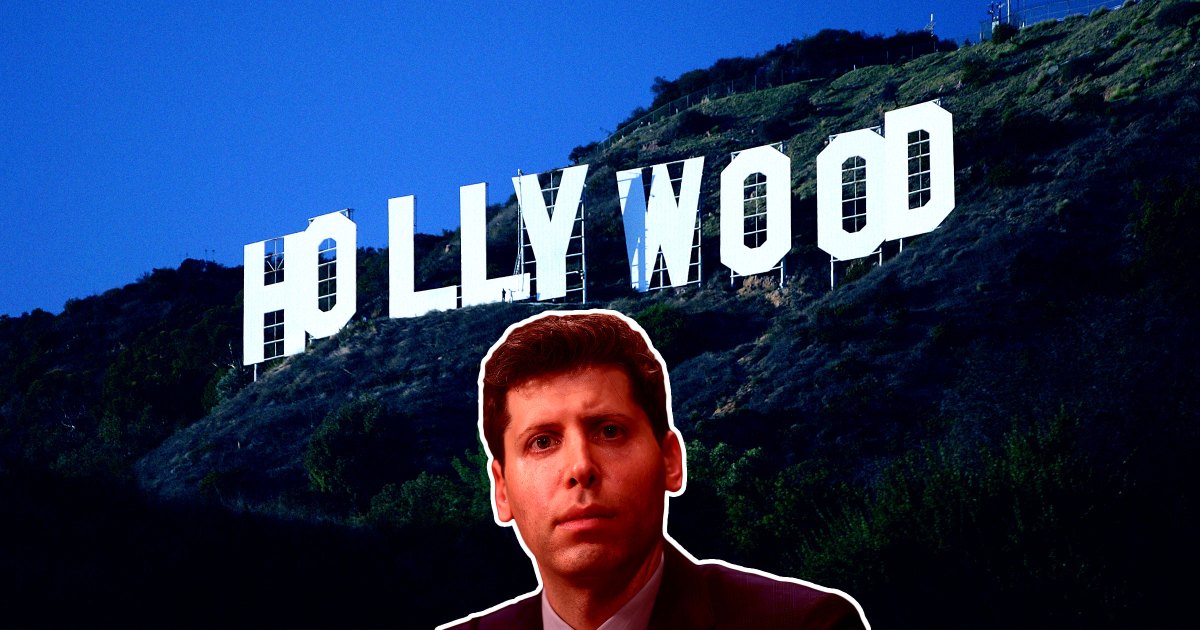
"The app has become ground zero of copyright-infringing clips, from SpongeBob SquarePants taking a bong rip and sipping codeine to Scooby-Doo getting caught speeding on a highway. OpenAI responded with some sloppily-implemented guardrails, which were initially met with exasperation - until, that is, mischief-makers realized they could easily be circumvented. All that blatant disregard for copyright has seemingly put Hollywood agencies and studios on the back foot. Major talent agencies told the Hollywood Reporter that OpenAI had been "purposely misleading" them in behind-the-scenes communications."
"According to THR's reporting, the company told some rightsholders that they'd have to opt out of having their work appearing on the app, while telling others the opposite. In an October 3 blog post, CEO Sam Altman promised to "give rightsholders more granular control over generation of characters, similar to the opt-in model for likeness but with additional controls." But the damage was already done."
OpenAI launched Sora 2, a text-to-video app that quickly produced numerous clips depicting trademarked and copyrighted characters in infringing scenarios. Users generated content ranging from SpongeBob using drugs to Scooby-Doo committing traffic violations, exposing weak and easily circumvented guardrails. Major talent agencies and studios reported inconsistent communications from OpenAI, with some told to opt out and others told otherwise, prompting accusations of purposeful misleading. CEO Sam Altman promised granular controls and an opt-in model for likenesses, but the app's initial messaging and viral popularity already amplified unauthorized uses. Industry groups, including the Motion Picture Association and major agencies, called for immediate action.
Read at Futurism
Unable to calculate read time
Collection
[
|
...
]